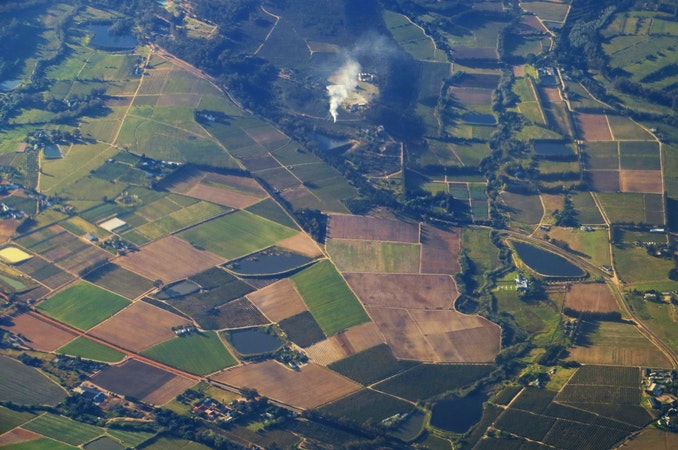There’s something quite interesting and adventurous about becoming a landowner, especially if your land has no property or construction upon it yet. Depending on the zoning laws of your country, state or area, it’s important to note that what you can do with the land, such as building on it, might be limited.
On top of that, just because a piece of land looks good and seems stable doesn’t mean its suitable for construction. For this reason, it’s always good to know what you’re buying and what your protections are. For instance, you may need to provide access to your private land if public utilities such as oil pipelines or cellular towers are upon them.
There are many things to consider when buying private land; and in this post we hope to clear some of them up. From here, you can continue in with your plans, such as implementing water bore drilling for a private water supply, or integrating a septic tank for a portable sewage solution. Let’s consider some additional advice in that vein:
Irrigation & Water Runoff
It’s important to consider the irrigation and water runoff needs or installations on the land itself. The management of water runoff can prevent pooling which may damage, soften, and render the land unusable. This is why sometimes, the best thing you can do is install a drainage system to ensure that heavy rainfall doesn’t lead to flooding, or that you have a plan if the local river floods. This is especially important for land at the bottom of a hill or at the fjord point of local runoff. If you have a lot of trees on the land then this can also affect the suface runoff of water and how much is caught on the trees or around the deeply embedded roots. If you are planning on removing trees for space or to sell the timber, consult with some reputable logging companies in your area, they will be able to provide advice on the effects of removing an area of trees on the water table of the land.
Security As Necessary
Securing the land is also important, depending on what obligations you have. If your land is on a public footpath, then reasonable accommodations must be made to make part of the land accessible; and the placement of bulls for grazing, for instance, is not a good idea based on the potential threat to public life. For fully private land, proper gate installations, demarcation signs, and fences can be a good idea. Proper hedging installations will also help defer access and showcase that the land is currently looked after.
Soil Quality
The soil quality of your land will determine exactly what you can do with it. Harder clay-like soil which can be found in many midlands areas of the United Kingdom, for instance, is harder to grow on, but can provide a good stable base for farm animals and other renovations and constructions that need firm foundations. The soil quality can be assessed by land surveyors; as well as any firmament considerations you need to keep in mind, such as the potential for land movement or the need to construct against landfall. When you can manage that approach, you’ll be certain to avoid any nasty surprises.
With this advice, you’re certain to plan for and manage private land in the best possible manner. Over time, this is certain to aid your investment strategy, and your long term plans for the area.

